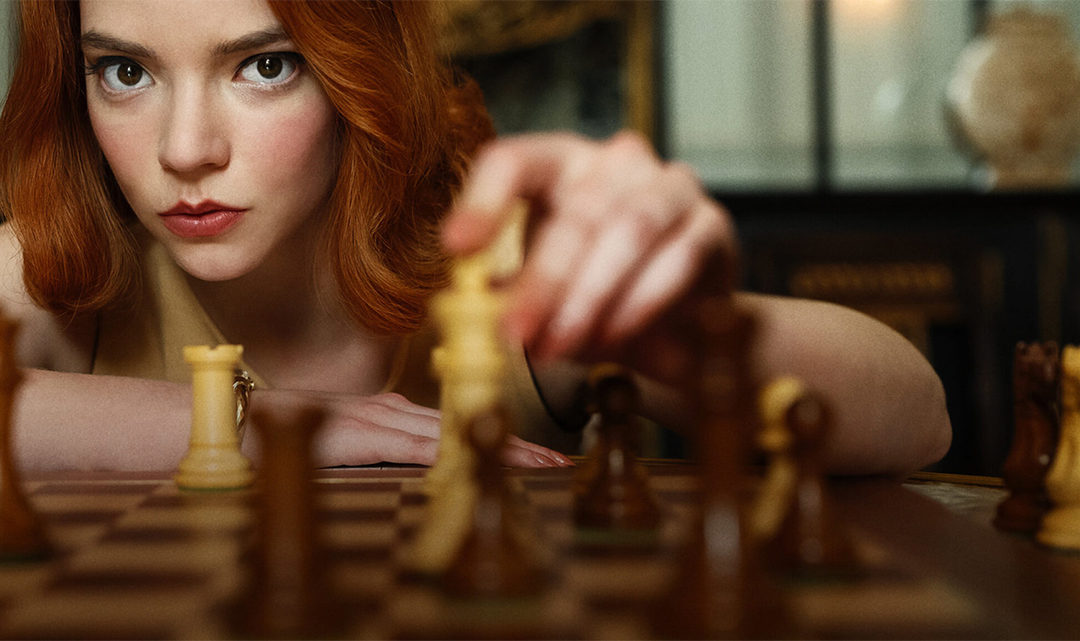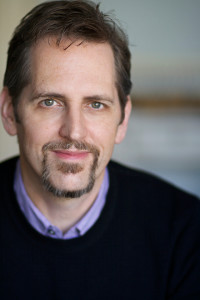A lack of character agency can really sink a script. And it’s one of the most common key issues I see in movie and TV projects I read.
Agency means that a character is active in pursuing their wants and has the ability to affect their world. And that’s what their story mainly focuses on.
How many such characters and stories can you have in a script? Anywhere from one (in most features, and in some limited series like The Queen’s Gambit), to several (in most TV episodes and series), to many (in rare movies and some TV series).
But regardless of the number of stories in a script, you want each story’s main character to have a strong want with high stakes, where they’re actively trying to achieve something that the audience also cares about. And the typical scene is focused on what they’re trying to do to advance their agenda, which inevitably meets with conflict and difficulty.
Many scripts unfortunately don’t do this. We writers often don’t focus enough on a story’s main character constantly pursuing what they want and encountering conflict.
There are three types of scenes I see a lot of, that I especially suggest you avoid:
-
- Friends or allies talking about what’s going on or what’s happened, with no conflict or character agenda driving the scene. I call these “information exchange” scenes. And they’re not so much “scenes” as “people hanging out and talking.”
- Characters who aren’t the main character of a story getting the focus and driving what happens in a scene. (A rare exception to this being a problem is when it’s the villain punching back at the hero.)
- Things happen to the main character but they’re not doing anything to try to get what they want. They’re only acted upon.
This last type is one I really want to focus on. It’s far preferable to the first two but is still lacking something crucial, which goes to the heart of what character agency is.
Let’s first assume that what happens in such a scene is a negative for the main character. It’s not what they want. This is almost always preferable, as stories thrive on conflict and difficulty.
The fact that it’s a negative means there’s conflict in the scene. That’s good. So is the fact that it’s focused on the main character. Presumably we see their reaction and emotions and can relate to them, rather than learning about this event later in an “information exchange.” We’ve lived it with them. All that makes it a plus over the first two types.
And if it’s something new that’s problematic, then it’s advancing the story in some way, rather than keeping things where they were. Also good.
But if the only content of the scene is that thing that happens, that the main character doesn’t like, it’s not much of a scene. It’s more of a moment. It’s an event or a revelation. You do need these in any script, but “things going badly” is only one side of the equation. The other side is “the main character takes action to try to fix it.”
And that’s where agency comes in.
While we like to see our main character suffer and struggle, what we like most is seeing them pursue their desires. Relentlessly. Passionately. Obsessively. And seeing them run into difficulties every time they do. Not just difficulties, but true complications that build their problem(s). That’s the life blood of any good story. But what happens after a complication? They regroup and try again. They try something new. They adjust. They improvise. They go back into “battle.”
Hopefully your main characters are overmatched in many ways. They’re an underdog. But they still have some hope. And they’re moving the story forward through what they pursue.
You’re allowed one major pause in this dynamic. That comes after the classic “all is lost moment,” where the main character temporarily wallows in their defeat. Save the Cat calls this the “dark night of the soul.” But even then, they are probably not just sitting there. Instead they’re taking self-destructive actions, using their agency in a negative way.
You see this in the second-to-last episode of The Queen’s Gambit, when Beth Harmon really seems to lose her way, and her demons catch up to her. But it’s a brief pause in a 7-hour story that is otherwise focusing on her pursuing her wants and dealing with the conflicts that emerge from that.
It’s good to bombard your main character with problems. Even to overwhelm them. But the best kinds of problems are a result or consequence of things they’ve tried to do. Their “mixing it up” with the world led to the forces of opposition responding in some way. So the difficulties pile up. They grow.
But what you don’t want is for them to be passive and a victim who can’t or doesn’t do much to try to resolve them . That kind of character doesn’t make for a compelling, fun-to-watch story. Instead you want them to pick themselves up, dust themselves off, and get back in the fray. Over and over again.



Hi Erik,
Why must every Protagonist have an arc? E.G. Protagonist wants to build an orphanage, or win a battle, or is James Bond.
Looking forward, Harry.
I don’t think they have to have one. And certainly in some movies the main character doesn’t really change, though they often influence others to change. (Like FORREST GUMP.) The arc usually there to give the movie deeper meaning, resonance and universal themes that might be lacking in a simple plot that’s just about one thing, like seeing justice done. But sometimes that’s all you need if it’s done really well and other elements are strong…
Loved your book “The Idea”. Good reminder on this blog for your protagonist drive the story. “Action is character”
Could you say how this applies in crime stories. E.g if your protagonist is pretending to be one of the good guys? And that’s the twist?
You can’t see them pursue their goal, otherwise it’s no longer a surprise.
Thanks for the question!
Short answer: yes, I think it’s still true. I think audience investment hinges on understanding the main character and what they’re trying to do, and giving them a difficult challenge they’re pursuing. If they don’t understand the character’s true situation or intentions, that can make it really difficult. I suggest taking a look at another post I did about withholding information for the sake of a big twist/reveal at the end. (As you might be able to tell, I’m typically against doing that.) 🙂 Check out https://www.flyingwrestler.com/2011/08/dont-withhold-reveal-and-complicate/
This makes a lot of sense. ‘Conflict and its constant resolution till the achievement of adequate change’ is the equation of every story. The protagonist has to act and react while navigating the ups and downs, progressing towards finally fixing a vital flaw. Your book is amazing.
Thanks Erik. Yet another tool in my writing tool box.
Thanks Erik. That resolves a doubt I’ve had about a
reader’s cryptic comment from many years ago that
a character had “no agency”. I still remember the
vague thought that popped into my head: “hey,
being a free agent ain’t so bad, at least, in baseball”.
Very relevant post, Erik, and food for thought!
Great post! Thanks, Erik.
Erik, you definitely have a gift. Whenever I need some kind of information, even when I don’t even know that I need it, you appear in my email and you give me the answer. Thank you so much.